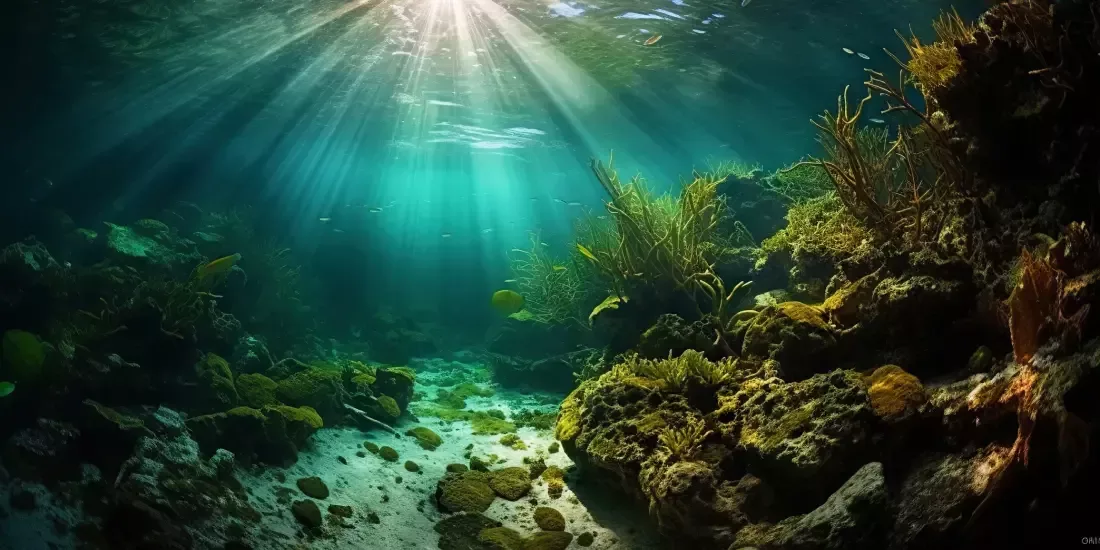Deep Sea Mining Raises Serious Environmental Concerns

Cobalt, nickel and various other precious metals are abundant on the seabed. In an effort to reduce the damage to the environment with current mining processes, companies are looking to excavate under the sea instead. While the land will benefit from less destruction, is shifting the damage to another environment a better solution?
The main issue here is that these metals are needed for an increasing amount of products that are essential in the drive to net zero. Storage batteries for all sorts of technologies require huge amounts of these natural resources, but mining on the land has raised issues with human rights violations and forced labour. As global demand has reached an all-time high for these materials, supply is struggling to keep up.
Despite mining companies looking to get ahead of the curve and start scouring the seabed for these materials, countries across the world have called for a moratorium. A momentary pause to undersea mining while the effects are analysed is in favour of 21 countries, including Canada, Ireland, Sweden, France and New Zealand.
The International Seabed Authority (ISA) has hosted talks with other countries to understand the effects deep sea mining would have. While commercial applications for seabed mining currently have no regulations, the world is at a crucial junction. Scientists are warning about how much harm aquatic life could be under, but we don’t yet know enough about the abyss to truly understand the ramifications of large scale deep sea mining.
A ban on deep sea mining expired in July, but the talks in Jamaica were set around this time. Without regulation, the worry is that countries without any environmental moral compass could destroy sealife without any consequences or checks in place. As scientists have discussed, there is no real knowledge about the amount of life inhabiting these areas that have been marked as excavation sites.
Mining companies are quick to argue that extracting these metals should be happening in areas where there is the least amount of life, i.e., not on land. They also state the urgency with which these materials need to be harvested if any wide scale adoption of renewable technologies is to be implemented. The metals and minerals have been identified as being scattered 2.5 miles down in the Pacific Ocean in one particular site.
The European Academies Science Advisory Council believes this view to be a “misleading narrative” that downplays the impact that these invasive mining techniques will have. When the Natural History Museum analysed the seabed in early 2023, they discovered a whole host of life, with many previously unidentified species. What’s worse is that some of these were physically attached to mineral deposits.
Dangers attached to deep sea mining include light pollution, vibrations and noise, which would force wildlife away. There is also the potential for spillages to occur, from fuel or any other chemicals that need to be used while mining. Draft regulations are currently being reviewed while an acceptable level of environmental degradation is considered. As the pause came to an end, Nauru was able to put in the first proposal for mining, which has thrown the whole framework into question. The moratorium could allow for the draft regulations to be finished before any mining goes ahead.
